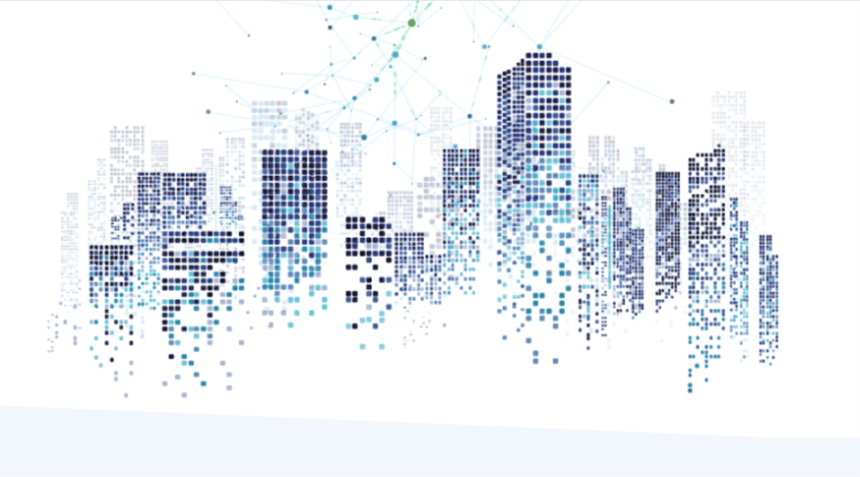A decentralized autonomous organization (DAO) is an organization where organizational decisions are made electronically by hard-coded rules (smart contracts) or through the voting among its members.
The original concept of DAO was first released in the year 2016, which is sometimes referred to as DAO 1.0. The World’s first DAO was called “The DAO” – that was meant to operate like a venture capital fund for the crypto and decentralized space.
It would allow anyone with a project to pitch their idea to the community and receive funding from the “DAO”. Anyone who owned DAO tokens could vote on projects, and receive rewards if the projects turned a profit. The lack of a centralized authority reduced costs, made the process more democratic and transparent while giving more control to the investors. Every process in the DAO was automated and could run on smart contracts.
“The DAO” project got so much attention that it managed to raise $150 million breaking all the previous crowdfunding records. A decentralised organization, one which was not limited by geographical barriers or unnecessary restrictions, was an idea exciting enough for anyone in that time to bet on.
But despite a great beginning, the journey of Ethereum based project “The DAO” turned sour when it got hacked. Finding a loophole in the smart contract, some hacker was able to drain “The DAO” of its funds that led to a commotion in the Ethereum community which eventually forced its creators to hard fork the blockchain to send the hacked funds to an account available to the original owners.
For the following months, the whole concept of DAO sunk into oblivion, up until the year 2017 when entrepreneurs across the world brought this concept and idea again to light and they began calling it DAO 2.0.
DAO 2.0 was expected to be a better-refined version of DAO 1.0, one which would literally have every operation of an organization digitized as well as decentralised. One which would allow anybody to create, operate and manage a fully secure, decentralized and democratic organization that could work borderless and permission-less based on cryptographic proof rather than trust, without the need of a trusted third party or costly intermediaries.
DAO 2.0 gained momentum with the rise of Aragon in beta phase, which offered a solution for establishing a borderless organization on the Ethereum blockchain and successfully raised $25 Million. The product is still in its beta stage (one year since the crowdfunding) and moving very slow. Since Ethereum has been trading in high numbers, the cost of running the Aragon dApp is high, and hence, likely to see low adoption.
However, EtherInc (also called eInc), a blockchain based startup from Australia, has managed to successfully launch its product in LIVE mode on its own blockchain.
eInc is an Ethereum fork to create, manage and operate decentralized autonomous organizations (DAOs). eInc is a community-driven decentralized blockchain project for creating a digital organization based on cryptographic proof instead of trust, that can operate borderless, permission-less, democratically and transparently with the consensus of its shareholders, without the need of a trusted third party and/or costly intermediaries.
Similar to Ethereum, eInc Blockchain can be utilized for building and running other dApps too. The eInc blockchain claims to be better, faster, secure and inexpensive to run dApps than the Ethereum blockchain.
Most of the technical details as well as the functioning of this project has been mentioned in the whitepaper, some of the key features which it offers include:
- Ability to add founding members, assign roles, and associate grade to build a robust team structure that ensures that key people can instantly execute certain actions. One can define granularly how certain actions in an organization are decided and triggered.
- Issue and assign stock with different vesting schedules and voting power of the shares to the founding team. One can easily distribute ownership and bring different stakeholders into an organization.
- Create and put forward organizational proposals for issues that need a voting. Voting is secure, transparent, and impossible to forge.
- Easily pay salaries to employees or make payments to third parties, based on accepted proposals.
While these were the common features which most DAOs were offering, eInc does tend to bring an added feature or innovation which actually does make it truly the next DAO 2.0.
With eInc, one can:
- Create a Group of Companies: The USP of the eInc blockchain is its ability to start and run multiple organizations under one umbrella. For example, you can set A as the parent company and B, C, D as the sister organizations which are governed and controlled by A. You can acquire other organizations, you can sell one or multiple sister organizations or take actions on them from the parent organization seamlessly.
- Conduct Trustless ICOs that are scam-proof: An eInc can easily raise funds through ICOs which are immune against scam and fraud. Funds once raised are locked in an escrow and are only released through voting of members, thus, ensuring the funds are utilised properly with the consensus of its shareholders.
- Run dApps faster, securely and inexpensively: Previous DAO attempts on Ethereum blockchain have failed to see the light of the day given the heavy GAS charges on Ethereum blockchain. With eInc blockchain, one can, currently, start a DAO in less than $1 USD in less than 5 minutes. eInc also lets one reserve a unique name for its organization that cannot be claimed or issued to anyone else.
Top advisors from ICOBench such Vladimir Nikitin (Ranked 2 on ICOBench), Nikolay Shkilev (Top 10 on ICOBench) and more have also recently backed the EtherInc project.
You can join the Telegram channel to get the latest updates: http://t.me/eincHQ.
